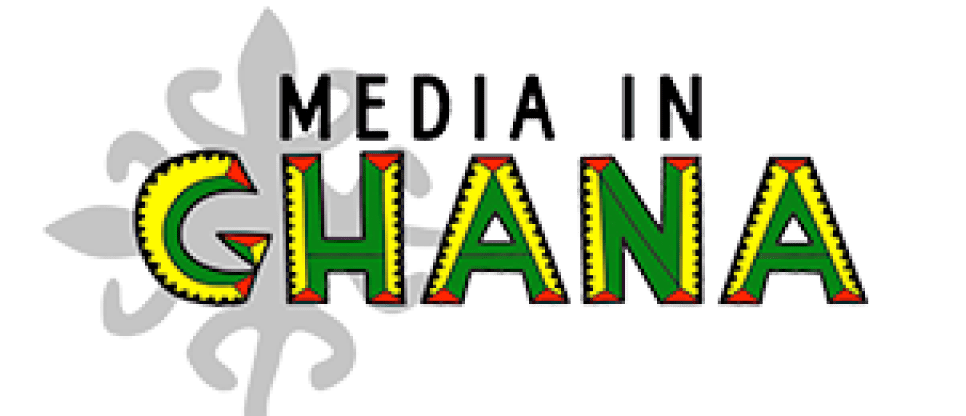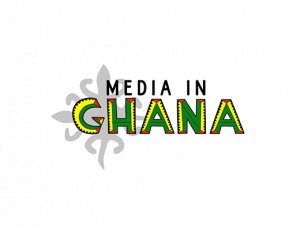by Nahla Bendefaa
I first heard about the Media in Ghana program when I was weighing my options for graduate school. I knew very early on in my graduate journey that the program would be part of my academic and research plans. I started planning for the Ghana program before applications even opened, by exploring research project ideas that I could conduct in Ghana. I took advantage of my numerous theory and methods courses to develop the literature review and methods sections of my project. I spent my spring honing my IRB application in order to be approved in time for my trip. By the time I was on a flight to Accra, all I had to do was schedule interviews with journalists across the country. While the countless pages of extant literature were helpful for me to prepare intellectually, there was little in the way of logistical guidance I could find beyond some of my colleagues who conducted research in Ghana before me. This is what I learned about conducting research in new settings, and in Ghana in particular.
1. Build robust relationships with local organizations
In my six weeks in Ghana, I conducted 15 long-form interviews that ranged in length between 45 minutes and one hour and a half. Each individual shared their knowledge, wisdom, and experience with incredible generosity. I would not have been able to do any of those interviews if it were not for the Media Foundation for West Africa where I was conducting my internship. My incredible colleagues from the communications team listened earnestly as I explained what my project was about. They asked clarifying questions and offered me all kinds of literature, national reports, and resources that would prove vital to my project. They also put me in touch with almost all of the individuals I ended up interviewing. Without their network, I doubt my time in Accra would have been as fruitful and I am eternally grateful for that.
2. WhatsApp is your best friend
There is no point in attempting to exchange emails with interviewees. WhatsApp is almost exclusively the platform used to communicate. Every single interview I did not schedule in person was done across the messaging app. When I shared my business cards with different contacts, I always specified which one was my WhatsApp number and which one was my Ghana number. No one was remotely interested in emailing me. The few times an exchange started over email, it quickly moved to WhatsApp.
3. Understand the financial and telecommunication landscape
While I did not have the budget to offer compensation for the interviewees, I long thought about how I would be able to approach that if I could. In the U.S., it is common for these types of compensations to come in the form of Amazon or Visa gift cards. However, those are not really good options in Ghana as they can be hard to redeem. Instead, Ghanaians use what is called MoMo, or Mobile Money, a sort of Venmo-like service offered by MTN, one of the main ICTs in the country. People use MoMo for anything from paying for their meals to covering phone bills, rent, and anything else you would need a financial service for. MoMo can be transferred from person to person or from an MTN dealer to any user. But, since I was in Ghana just for a few weeks and my SIM card did not come with MoMo activated, it would have presented a significant challenge if that were the way I needed to go about compensating participants. This is definitely something I am keeping in mind for any future research that might take me back to Ghana.
These logistical problems might have created a few roadblocks along the way, but they also proved valuable to my learning experience and my research in the vibrant Ghana. I will certainly be keeping these learnings in mind whether I go back to Ghana or expand my research to other international avenues.



